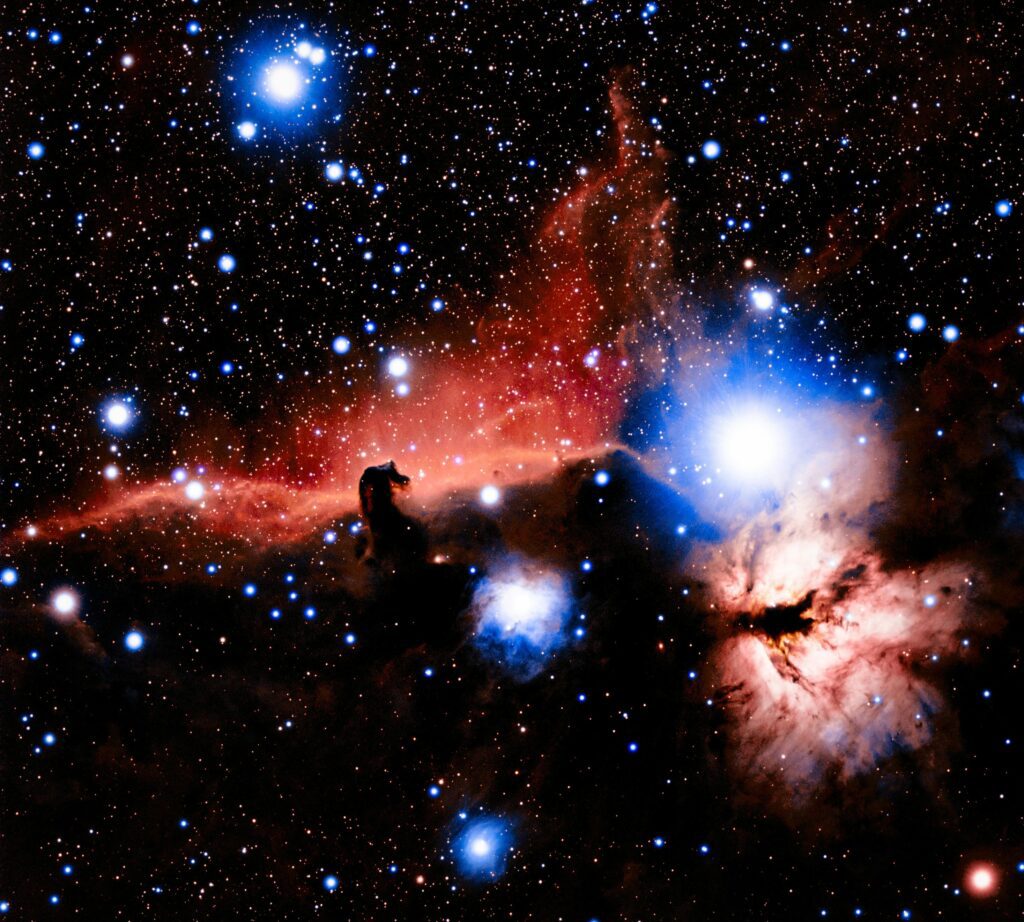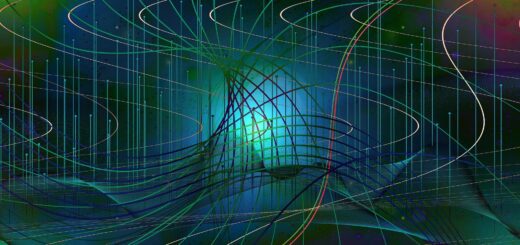Black Holes: The Most Powerful Forces in the Universe!

Unraveling the Mysteries of the Universe’s Most Powerful Objects
Black holes are among the most fascinating and mysterious objects in the universe. They have the power to trap light, distort time, and warp space itself. But how do they work?
In this blog, we’ll break down black holes in a simple and easy-to-understand way.
What is a Black Hole?
Black holes are regions in space where gravity is so strong that nothing—not even light—can escape. This happens because a massive amount of matter is squeezed into a very tiny space, creating a gravitational pull so intense that it bends space and time.
Think of a rubber sheet stretched tight. If you place a small ball on it, the ball makes a small dent. But if you put a heavy bowling ball, it creates a deep well. Black-holes are like that, but infinitely deep—nothing that falls in can get out.
How Are Black Holes Formed?
1️⃣ When a Massive Star Dies (Stellar Black Holes)
- Black-holes are usually formed when a massive star runs out of fuel and explodes in a supernova.
- The remaining core collapses under its own gravity, forming a black hole.
2️⃣ Collisions & Mergers (Supermassive Black Holes)
- Some black holes grow by swallowing stars, gas, and other black-holes over millions of years.
- These can become supermassive black-holes—millions or even billions of times heavier than the Sun.
3️⃣ Primordial Black Holes (Theoretical)
- Some scientists believe tiny black holes could have formed just after the Big Bang.
Parts of a Black Hole
Even though we can’t see inside a black hole, scientists understand its basic structure:
| Part | Description |
|---|---|
| Event Horizon | The “point of no return”—anything crossing this boundary is trapped forever. |
| Singularity | The center of the black-hole, where matter is crushed into infinite density. |
| Accretion Disk | A glowing ring of gas and dust swirling around the black hole. |
| Jets | Powerful beams of energy shooting out from the poles. |
What Happens If You Fall Into a Black Hole?
Let’s imagine an astronaut (let’s call him Alex) falling into one of the millions of black holes. Here’s what would happen:
1️⃣ From an Outsider’s View (Time Slows Down!)
- If you watched Alex from a spaceship, you would see time slowing down as he gets closer to the event horizon.
- He would appear to freeze in place and fade into darkness.
2️⃣ From Alex’s Perspective (Spaghettification!)
- As he falls in, gravity pulls his feet much stronger than his head—stretching him like spaghetti.
- Eventually, he would be crushed at the singularity, where gravity is infinite.
Enjoying our article? If you are interested in reading about Artificial Intelligence and their conflict with humans, consider reading AI vs Humans- Is AI replacing Humans
Can Black Holes Die?
Yes! Black holes slowly evaporate over time due to something called Hawking Radiation.
🔹 Hawking Radiation (proposed by Stephen Hawking) explains that black-holes lose tiny amounts of energy over time.
🔹 Over trillions of years, they will shrink and eventually disappear!
Fascinating Facts About Black Holes
✔ Black-holes do NOT suck things in like a vacuum cleaner—objects must cross the event horizon to fall in.
✔ Our own Milky Way galaxy has a supermassive black hole called Sagittarius A* at its center.
✔ If the Sun were replaced with a black hole of the same mass, Earth would keep orbiting as usual, but without sunlight!
Conclusion
Black-holes are the ultimate cosmic mysteries—they warp time, space, and even reality itself. Scientists continue to study them, hoping to unlock the secrets of the universe. Although most of the mysteries of the Blach Holes have been explained and scientists claim to have unravelled the mysteries of the Black Holes, there are still many unexplained aspects that need research. We shall keep you updated on whatever researchers unravel, as they happen.
🌌 What fascinates you the most about black holes? Let us know in the comments below! 🚀



